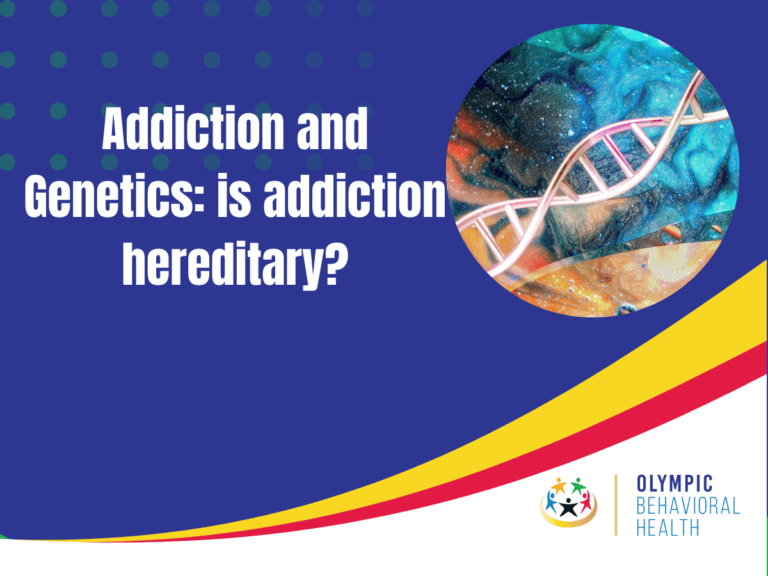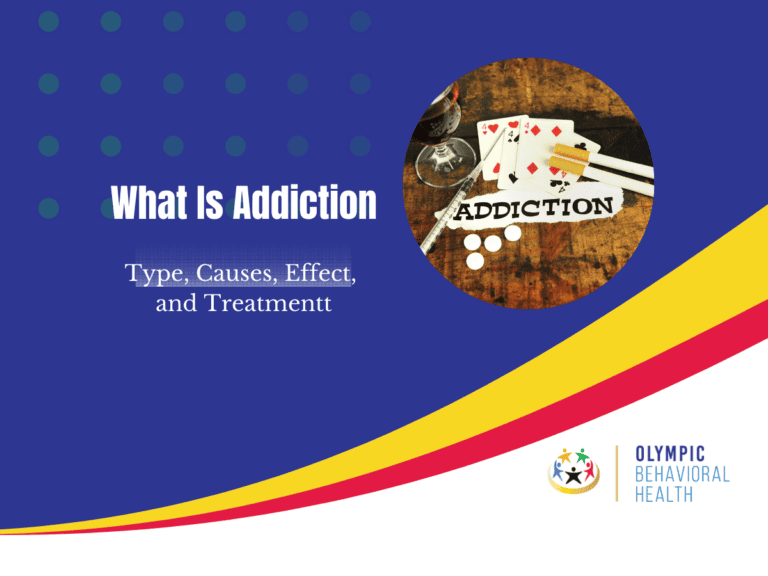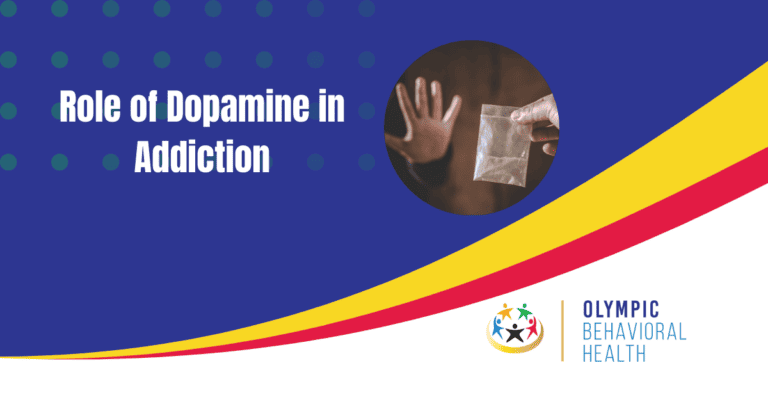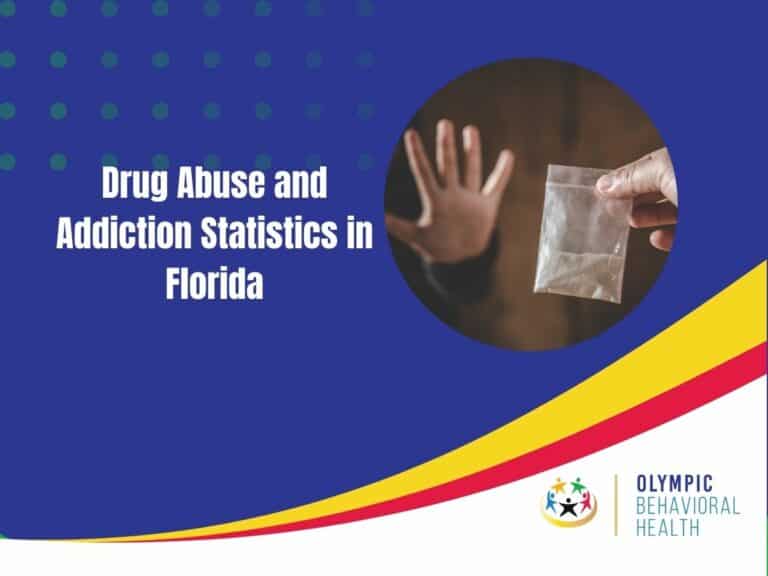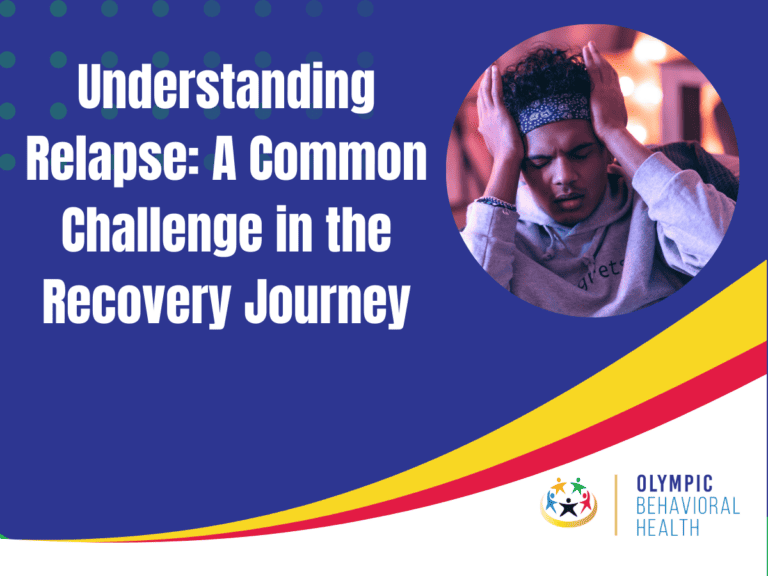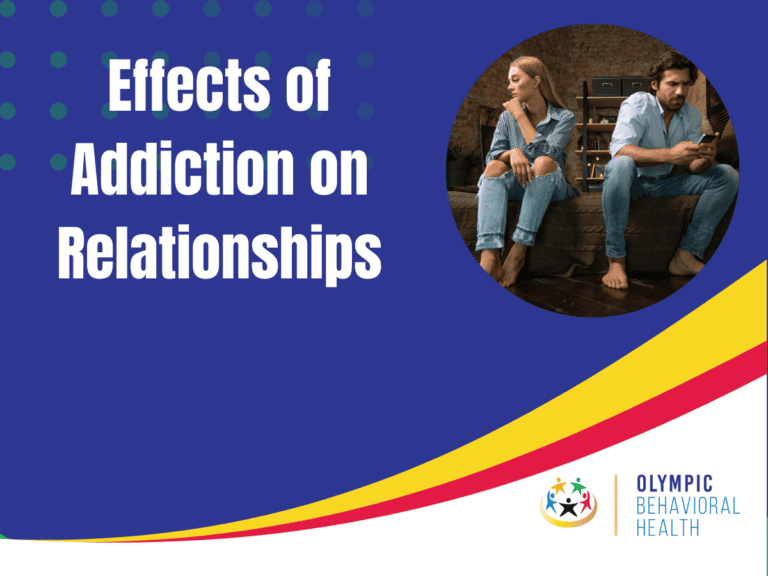Leading Addiction Treatment in West Palm Beach, FL
Set out on a transformative journey with Olympic Behavioral Health, the premier destination for addiction treatment in Florida. Our dedicated team follows a holistic approach, ensures you receive the best care tailored to your unique needs.
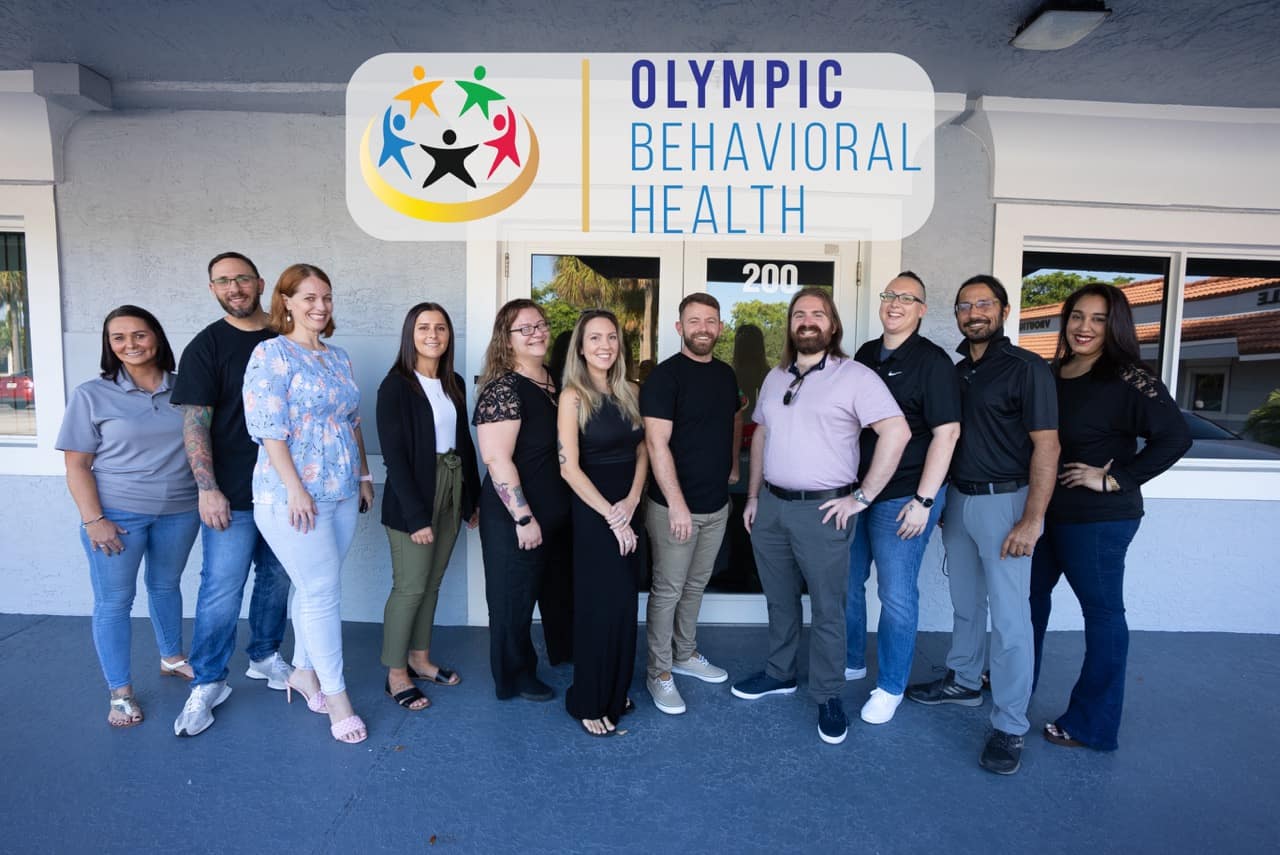
A Holistic Approach To Addiction Treatment
In this empowering and candid video, join us as we sit down with Paul Morgan, a courageous individual who found solace and recovery at Olympic Behavioral Health.
Our Florida Addiction treatment Center Programs
A proprietary blend of science-based, integrative medicine services and clinical care.

Olympic Behavioral Health treatment centers have assisted thousands to overcome addiction and rediscover what is truly meaningful in their lives. Take control and empower yourself to break free from addiction today. It’s never too late to start over!
Our Outpatient Services
Overcome addiction with our family support system, and regain control of your life! Our program empowers you with the guidance you need.
Addiction
TreatmentComprehensive programs to help you overcome drug and alcohol dependence.
Mental Health
TreatmentPersonalized care for various mental health challenges in a secure environment.
Substance Use
DetoxBegin your recovery with our medically supervised detox programs.
Trauma
TreatmentAddress underlying trauma, reducing the risk of addiction.

Exceptional Care Reflected in 5-Star Reviews
At Olympic Behavioral Health, we take immense pride in our consistent 5-star reviews, a testament to our dedication to providing outstanding mental health and addiction treatment services in West Palm Beach.
View Our Florida Facility
State Of The Art Amenities And Integrated Wellness and Medicine Services
We accept most insurance plans
Our addiction treatment center is committed to helping those recovering from drug and alcohol addiction. We provide professional care and support to help you start your healing journey.
Insurance may not always be available so we offer alternative options to finance treatment. Trust us to provide the necessary help and support through every step of the process.







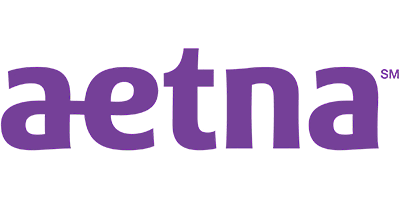
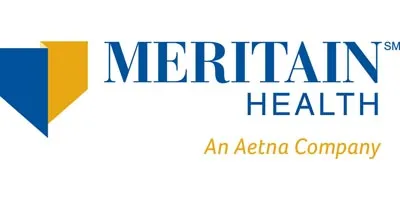





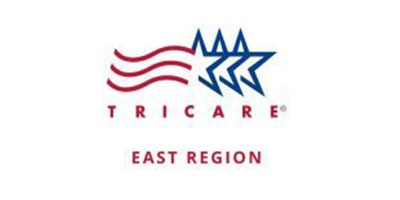
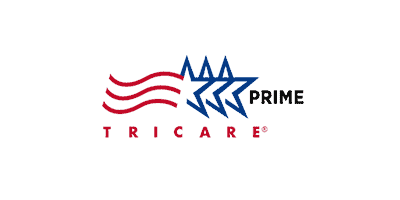
Please note that while we provide top-tier services, some major insurance plans may not include us in their network.
If you’re unsure about your coverage options or would like to learn more about available treatments, give us a call at (833) 826-9533. Our team is available to assist you!
Your Path to Recovery Starts Here
Why Choose Us?
Comprehensive Care
- From detox to reintegration, we offer a spectrum of programs including Partial Hospitalization, Intensive Outpatient, and Dual Diagnosis Treatment.
Client-Centric Approach
- With a 1:1 client-to-staff ratio, we guarantee personalized attention, ensuring your recovery is our top priority.
Expertise in Dual Diagnosis
- Understand the intricate link between mental health and addiction. Our integrated treatment plans address both, setting you on a path to lasting sobriety.
Supportive Community
- Benefit from our family-centric support system, empowering you to regain control and live a fulfilling life.
World Class Drug & Alcohol Detox and Treatment In West Palm Beach
At Olympic Behavioral Health, we understand that addiction, alcoholism, and mental health can pose challenges for patients. That’s why we offer addiction and detox programs with individualized care, support, and medical supervision to help you achieve sobriety.
Our patients start with medical detox, a crucial first step towards recovery. Once detox is completed, we offer a range of rehab programs. From detox through reintegration, our team provides the support needed for lasting recovery. Check out our website to learn more about our comprehensive services.
